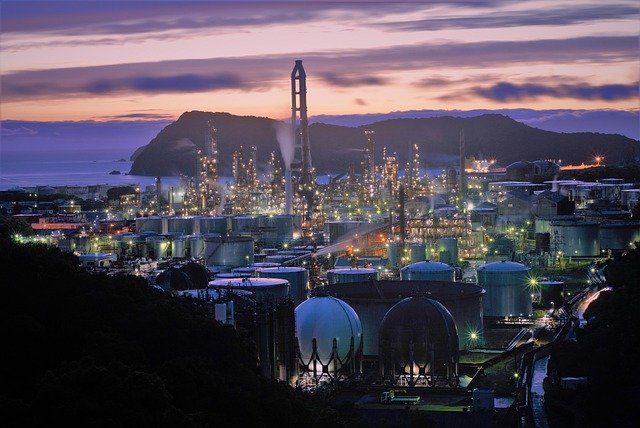Last Updated on March 25, 2024 by Nasir Hanif
How the AI industry profits from catastrophe is a recurring theme of our times, with companies like Uber and Data-labeling firms creating new industries on the backs of disaster victims. But there are plenty of other examples as well. Think about the insurance companies and data-labeling companies. But consider Climate-change victims too, who will lose out because of AI? And how do these companies make their money? Read on to learn more about the implications of AI and catastrophe-prone technologies.
Data-labeling firms
Data labeling for machine learning has generated a new industry. Data-labeling companies are the hottest investments in the AI industry, as venture capitalists look to cash in on the A.I. gold rush. One of those firms, Labelbox, recently announced a $25 million round of venture capital funding. It’s not only data labeling firms that are benefiting from the AI industry’s catastrophe – it’s also human data labeling companies.
The data-labeling industry has created a new sector to exploit the plight of workers in the oil and gas industries. Some companies, such as Appen, are now profiting off of this catastrophe by relying on human workers. But it has also been the fault of legacy companies. They’re still writing blank checks to stay competitive despite new competition. Instacart, Glassdoor, and Appen all use data labeling firms to improve their algorithms.
Self-driving cars
It would be amazing if autonomous vehicles could reach people in emergency situations in remote, dangerous or combat zones. They could help rescue workers in disaster zones or evacuation zones without putting them or themselves at risk. But the question remains, will the AI industry profit from such a catastrophe? Let’s examine these questions. How will driverless vehicles help us? Here are some possible answers. In the first instance, autonomous vehicles could improve the lives of elderly, disabled, and children.
Automakers are eager to make self-driving cars a reality. In 2016, auto giants poured billions into their development and testing. But before self-driving cars can become a reality, they need to train their systems to recognize millions of labeled examples. They need to study hours of video footage and annotate each frame to recognize road markings, pedestrians, bushes, and trash cans. As long as they can achieve the highest level of accuracy, they can profit from this disaster.
Insurance companies
While insurers generally take the financial risk associated with catastrophic events, they can still fund losses between catastrophes by generating normal cash flow from investments or underwriting. Insurers can also access advance funding from reinsurers. Although insurers benefit from catastrophe risk, they must balance illiquidity with preparedness. For example, if a catastrophic event is predicted to cost $2.5 billion, insurers must find ways to make up the difference in loss between premiums they pay and the total value of the claim.
The insurance industry’s business is dominated by a few major companies. According to the latest Department of Insurance report, eighteen P/C insurers accounted for over 60% of total business, with the remainder spread among 145 licensed companies. Universal, for example, holds almost 12% of the market. In 1993, P/C premiums earned by the industry totaled $897 million, with a profit margin of 11.7%. Capital and surplus totaled $528 million.
Climate-change victims
While AI can improve disaster resilience, it is still not the panacea to solve the climate challenge. For example, the accuracy of AI models depends on the quality of the data that is used to train them. One concern recently made headlines over allegations of data inaccuracies. A New York Times investigation found that the organization had been using incomplete data and therefore was unable to produce accurate models. This means that AI can be used to reduce the burden of disaster response and recovery on the people who are already suffering from disasters.
Nonetheless, AI can improve markets and analyze complex phenomena. The AI industry could affect climate change by helping to increase efficiency, affecting energy supply and demand. It could also have a profound impact on societies’ understanding of the effects of climate change. As a result, AI could potentially affect how they respond to climate-change and how they mitigate its impacts. But a lot more research needs to be done to find out if AI can help us solve the climate crisis and make markets more efficient.
Read More: How to Maximize Profits with Real Estate

